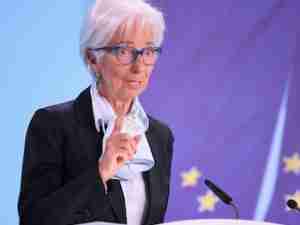Brazil and Mexico keep auto export quotas unchanged
By: Reuters | Mar 09 2015 at 04:58 PM | International Trade
By: Reuters | Mar 09 2015 at 04:58 PM | International Trade

The Office of the United States Trade Representative (USTR) today announced that Katherine White will serve as USTR’s Chief Textiles and Apparel Negotiator. White previously served as International Trade Policy…
View ArticleThe UK will enforce “light-touch” post-Brexit checks on food and plant products beginning later this month to avoid disrupting businesses trading with European Union nations, a government minister said.
View ArticleThe European Union is assessing potential sanctions against more than a dozen companies that have continued to buy restricted goods from the bloc and supply them to Russia, according to…
View ArticleThe UK is still exporting fewer goods than before Brexit, as the economy becomes more reliant on selling services to the rest of the world, according to official data.
View Article
© Copyright 1999–2024 American Journal of Transportation. All Rights Reserved